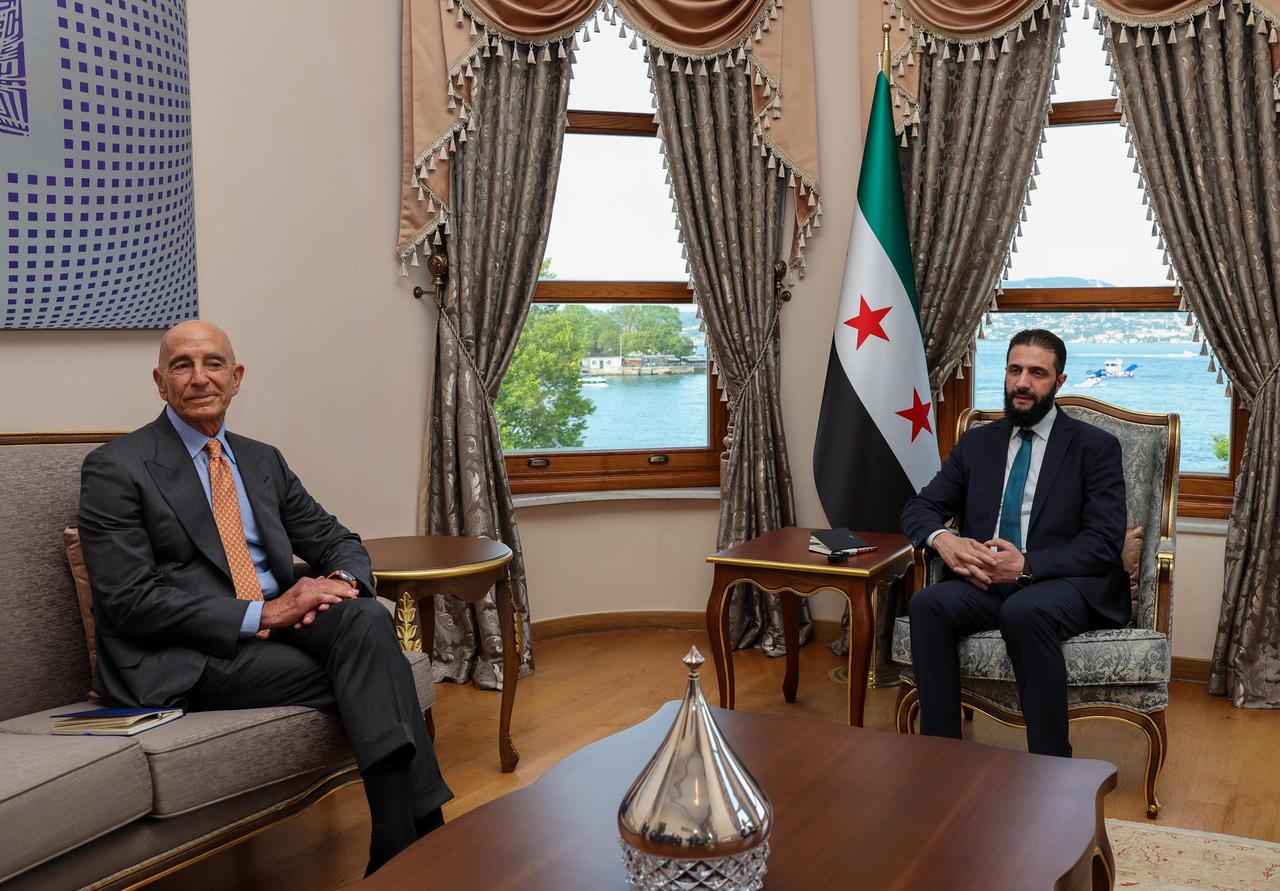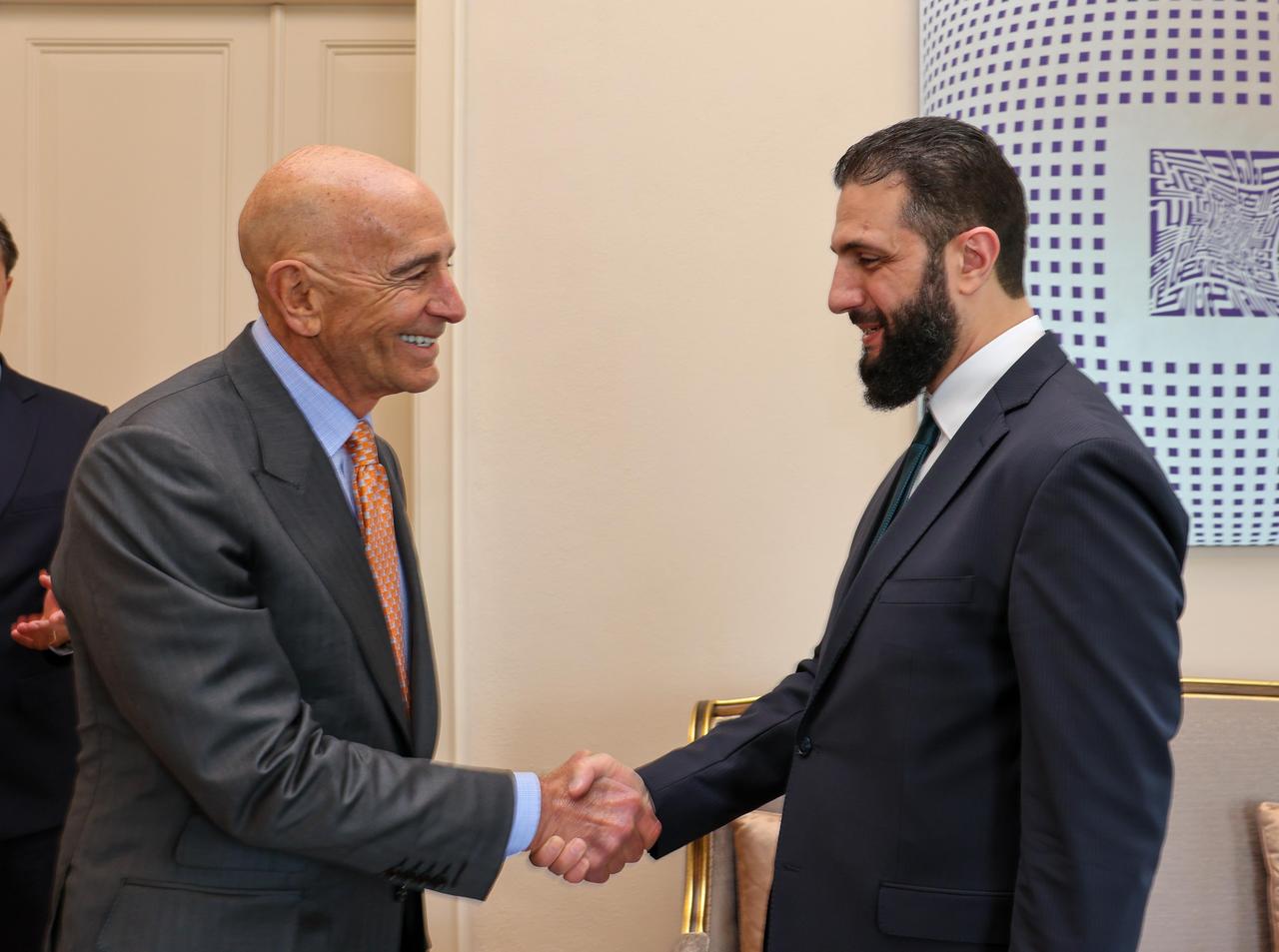
Tom Barrack, United States ambassador to Türkiye and special envoy to Syria, on Sunday sharply criticized the 1916 Sykes-Picot Agreement and declared that “Western interference is over,” signaling a shift in Washington’s approach to the Middle East following the fall of the Assad regime.
“A century ago, the West imposed maps, mandates, penciled borders, and foreign rule. Sykes-Picot divided Syria and the broader region for imperial gain — not peace. That mistake cost generations. We will not make it again,” Barrack wrote on X.
Barrack emphasized that the future of the Middle East depends on regional solutions and cooperation, echoing U.S. President Donald Trump’s remarks during his May 13 address in Riyadh.
“As President Trump emphasized in his May 13th address in Riyadh, ‘Gone are the days when Western interventionalists would fly to the Middle East to give lectures on how to live, and how to govern your own affairs,’” Barrack added..
The Sykes-Picot Agreement was a secret 1916 treaty between the United Kingdom and France aimed at dividing the Arab territories of the Ottoman Empire following World War I. The pact is widely seen as a foundational act in the imposition of foreign rule and arbitrary borders in the region, particularly in oil-rich areas.
“Syria’s tragedy was born in division,” Barrack said. “Its rebirth must come through dignity, unity, and investment in its people. That starts with truth, accountability — and working with the region, not around it.”

He stressed that the U.S. now stands with Türkiye, the Gulf, and Europe — but “not with troops and lectures,” and not through “fictitious borders,” but in direct coordination with the Syrian people.
“With the fall of the Assad regime, the door is open to peace — by eliminating sanctions, we are enabling the Syrian people to finally open that door and discover a path to renewed prosperity and security,” he said.
On May 24, Syrian President Ahmad al-Sharaa met with Barrack in Istanbul to discuss the recent U.S. decision to lift sanctions on Syria. The meeting came days after President Trump announced at an investment forum in Saudi Arabia that the U.S. would remove what he called “brutal and crippling” sanctions, at the request of Turkish President Recep Tayyip Erdogan and Saudi Crown Prince Mohammed bin Salman.
A day after the forum, Trump held a historic meeting with Syrian President al-Sharaa in Riyadh — the first direct encounter between U.S. and Syrian leaders in 25 years.
U.S. Secretary of State Marco Rubio said Tuesday that Washington supports efforts to help Syria’s new government succeed, warning that failure could trigger renewed conflict and regional instability.
Barrack, a longtime Trump advisor and private equity executive who chaired the president’s 2016 inaugural committee, has played a central role in recent U.S. diplomatic moves. Since arriving in Ankara earlier this month, he has engaged in several high-level meetings, including a private dinner with Turkish Foreign Minister Hakan Fidan.